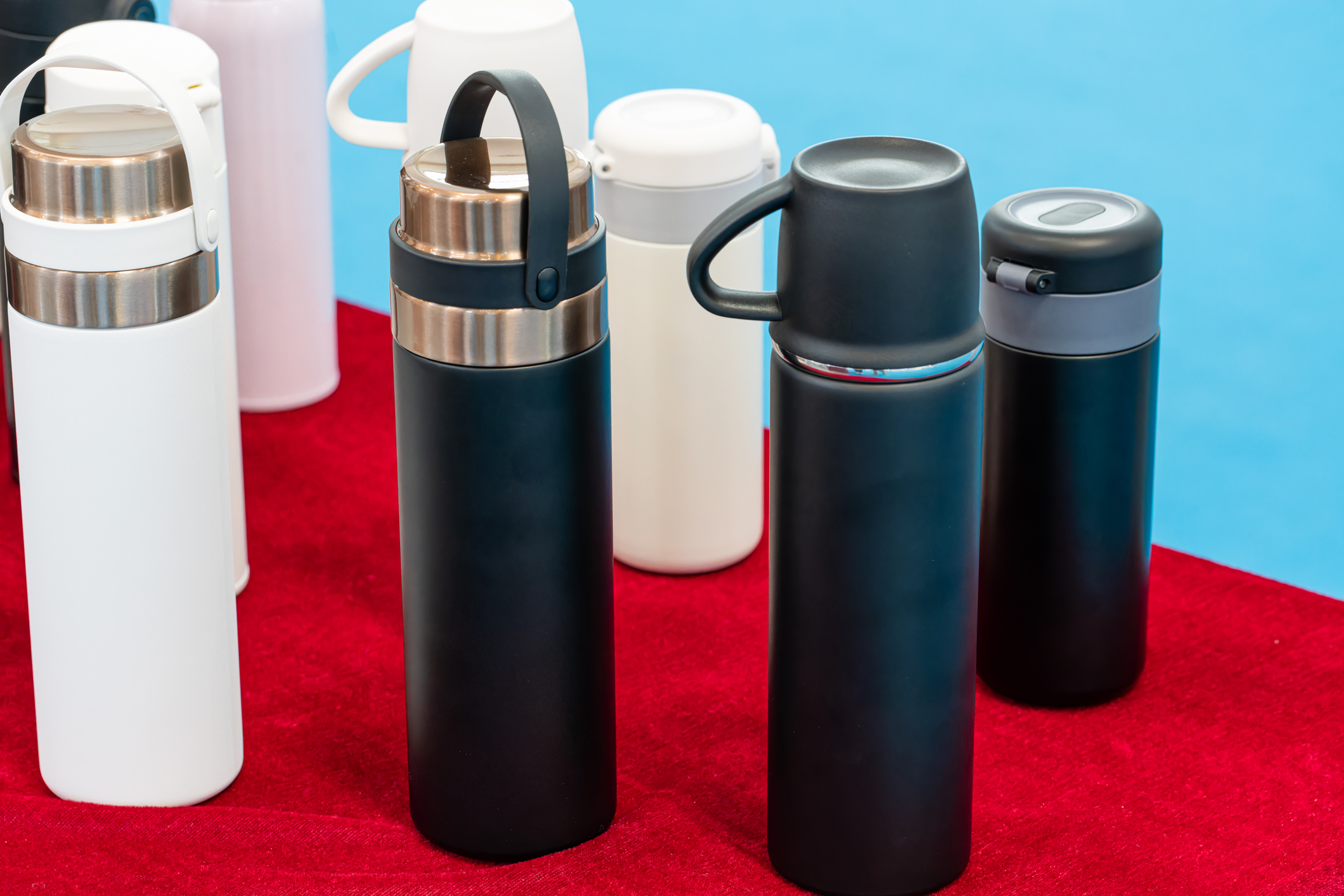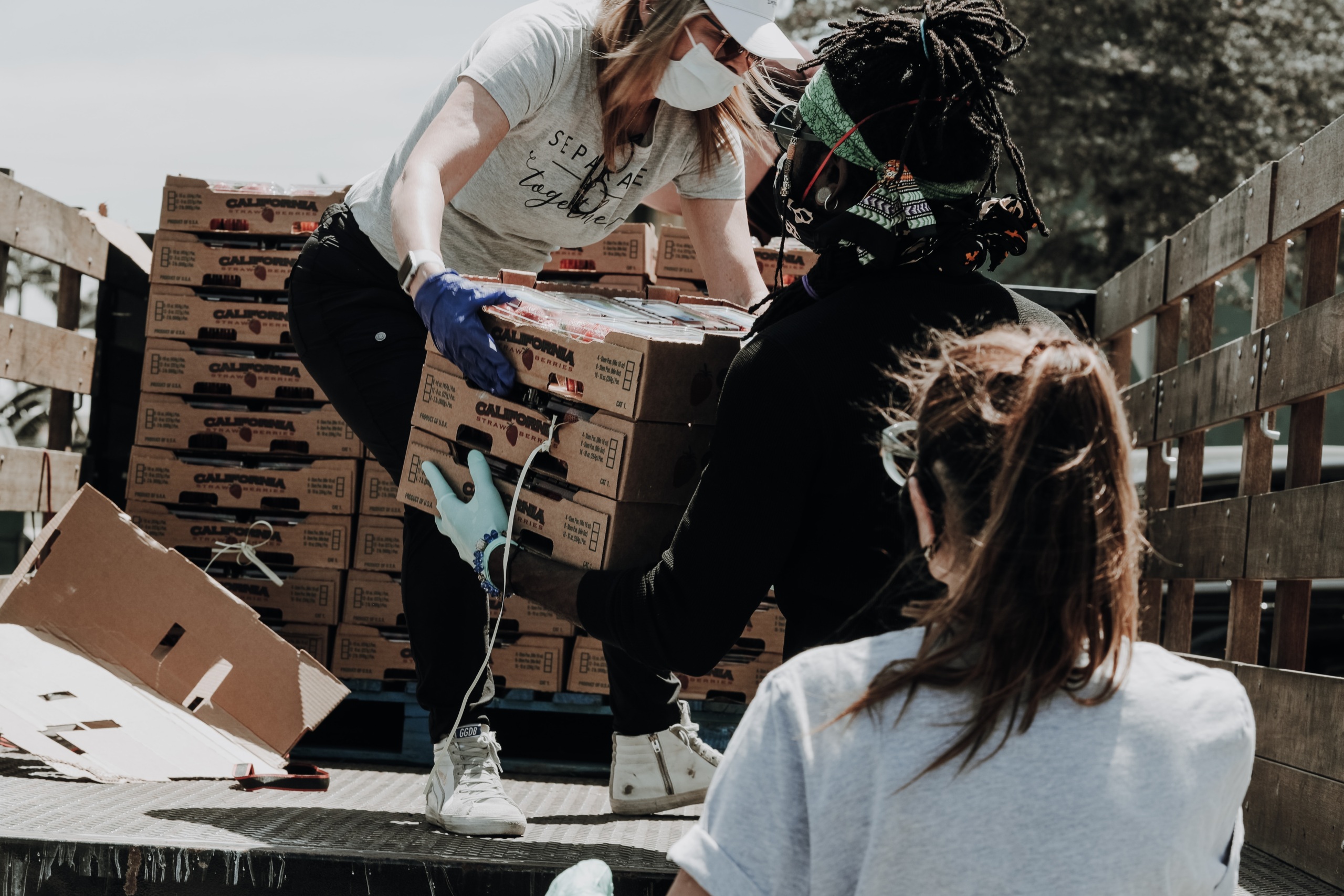The Next City to Ban Plastic Bags Might Be…Omaha?
Nebraska, like my home state of Kansas, is landlocked. There are no beaches with washed up garbage and no sea turtles mistaking plastic bags for jellyfish – reasons that citizens in places like California have come together to ban plastic bags. But Nebraskans, it turns out, have good reasons to ban the bag as well – even if those reasons aren’t always immediately obvious, even to those of us who were born and raised in the Midwest.
Omaha, Nebraska, is considering a plastic bag ban, and I’ll be the first to admit I never thought I’d see the day.
Nebraska, like my home state of Kansas, is landlocked. There are no beaches with washed up garbage and no sea turtles mistaking plastic bags for jellyfish – reasons that citizens in places like California have come together to ban plastic bags.
But Nebraskans, it turns out, have good reasons to ban the bag as well – even if those reasons aren’t always immediately obvious, even to those of us who were born and raised in the Midwest.
Here is what’s happening in the Cornhusker state’s largest city: Omaha’s city council is currently re-evaluating the city’s trash contract and members of the council floated the idea of a 10-cent fee on plastic bags. Omaha’s mayor immediately came out against it, because a fee like that looks a lot like a tax, and few red state mayors are all that excited about new taxes.
If that’s where we’re headed, the mayor responded, why not just consider getting rid of the bags altogether?
What happened next was, in its own way, kind of incredible. As I imagine the scene, the city council members who had suggested the fee looked at each other, looked back at the mayor, and said, “You know what? We could just ban the bags.” They looked at the positive experience of other cities that had banned the bag, and thought that if it made sense there, it might make sense in their hometown, too.
Just take a look at the closing of this news story in the Omaha World-Herald. You won’t find an emotional appeal for protecting our oceans, but you will find why many non-coastal folks hate the bags all the same.
“[A councilman] said he envisions the ordinance targeting grocers and small retailers from distributing plastic so-called T-shirt bags, the ones that “find their way in trees and sewers and lawn mowers.”
Stothert [the mayor] can relate. A plastic bag, she said, is caught in the “nice, big, beautiful maple tree in my front yard.”
“It’s been there for three months,” she said.
Stothert and the councilmen agreed that the city should also educate people about taking reusable bags to shop.
“That’s what I do,” [another councilman] said. “It’s a matter of getting into the habit.”
I love this story. Omaha’s consideration of banning plastic bags isn’t being talked about as an “environmental” issue (not, of course, that there’s anything wrong with that). It isn’t even about litter at a favorite fishing spot. It’s what gets stuck in the lawnmower that gets heads nodding.
In the car on the way to visit my grandma in Wichita this week, I asked my mom if she thought Wichita would ever consider a plastic bag ban. She laughed and said, of course not. I told her about Omaha, about the reasons they were considering banning plastic bags, and about the mayor with the bag in her front yard, and at a stoplight my mom pointed to a tree.
“Well shit, honey,” she said. “Look, there’s a bag up there.” On the rest of the 15-minute ride, my mom pointed out every plastic bag we passed caught on a fence post or a branch, and by the end of the drive her count reached 18. “I wish you hadn’t said anything,” she said as we got out of the car. “It’s going to be all I think about.”
Even as a born-and-raised Midwesterner, I had overlooked the fact people in Omaha might one day notice all the bags stuck in the trees or get sick of all the plastic bags balled up under the kitchen sink and take action to fix the problem. Especially in these days of red state/blue state polarization, many of us have a tendency to forget that the things that harm or aggravate us in one place might also harm or aggravate people on the other side of the divide – even if in a very different way.
There are people all over the country who, regardless of hometown, experience, political affiliation or profession, can still agree when something just doesn’t make sense. Their reasons and motivations may be different, but at the end of the day, if we can agree on even just one way our lives could all be better, it’s possible we can make those changes happen in all of our hometowns. All it takes is a little imagination and a lot of listening to anyone with an idea of how to make the place they call home a better place to be.
Topics
Authors
Find Out More

Too much of a good thing? The environmental downside of the “Stanley cup” craze.

A look back at what our unique network accomplished in 2023

Consumerism harms us and the environment. These communities prove we can do better.

